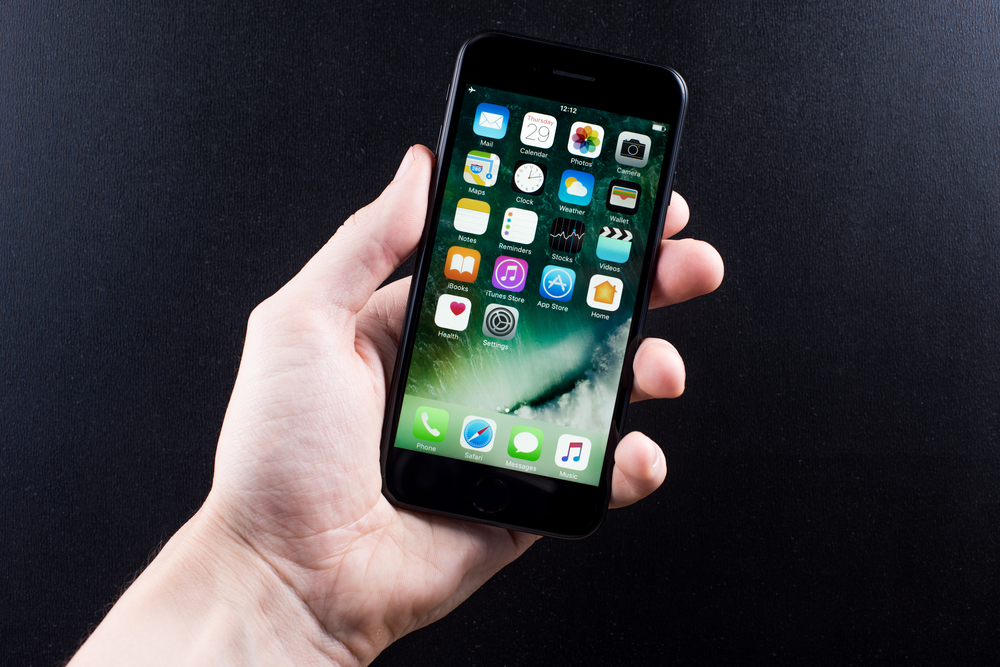
In today's digital era, mobile Google Play or App Store app s have become an integral part of our lives. From staying connected with friends and family to managing finances, there seems to be an app for everything. As a result, the competition in the app market has become fierce, making it essential for app developers to focus on marketing and promotion strategies to ensure their app's success.
1. Define Your Target Audience
One of the first steps in marketing your mobile app is to clearly define your target audience. Understanding who your app is designed for will help you tailor your marketing efforts and reach the right people. Research your target audience's demographics, interests, and needs. This will enable you to create compelling content and choose the most effective marketing channels.
2. Optimize App Store Listings
With millions of apps available for download, it is crucial to optimize your app store listings to stand out from the crowd. Start by using relevant keywords in your app's title and description to improve its visibility in search results. Additionally, pay attention to your app's icon and screenshots as they play a significant role in attracting users' attention. Ensure that your app's store listing provides clear and concise information about its features and benefits.
3. Leverage Social Media
Social media platforms have become powerful marketing tools, and leveraging them can significantly boost your app's visibility. Create engaging content related to your mobile App Store or Google Play app and share it across popular social media channels such as Facebook, Instagram, Twitter, and LinkedIn. Engage with your audience by responding to comments and reviews, and encourage satisfied users to share their positive experiences with their networks. Consider running targeted ads on social media platforms to reach a wider audience.
4. Collaborate with Influencers
Influencer marketing has gained immense popularity in recent years, and collaborating with influencers can help create buzz around your app. Look for influencers in your app's niche with a significant following and engage them to promote your mobile iOS or Android app . This could be through sponsored posts, reviews, or giveaways. Influencers can add credibility to your app and help you reach your target audience effectively.
5. Implement App Store Optimization (ASO)
App Store Optimization (ASO) is the practice of optimizing your mobile Android or iOS app 's visibility within app stores' search results. It involves optimizing various aspects such as your app's title, description, keywords, screenshots, and ratings. Research relevant keywords that users are searching for and incorporate them strategically in your app's metadata. Regularly monitor your app's performance, analyze user feedback, and make necessary updates to improve its ASO.
6. Utilize Paid Advertising
While organic marketing efforts are essential, investing in paid advertising can help accelerate your app's growth. Explore various paid advertising options such as Google Ads, mobile ad networks, and in-app ads. Set a budget and target your ads based on your app's target audience and demographics. Regularly monitor the performance of your ads and refine your strategy to maximize conversions and minimize costs.
7. Encourage User Reviews and Referrals
User reviews play a vital role in influencing potential users' decisions to download your mobile app. Encourage satisfied users to leave positive reviews and ratings on app stores, as this will improve your app's visibility and credibility. Additionally, implement referral programs to incentivize existing users to share your app with their friends and family. Offering rewards or discounts to users who refer others can significantly increase your app's user base.
8. Analyze User Behavior
Understanding how users interact with your app is crucial in optimizing its performance and user experience. Analyze user behavior using tools like Google Analytics or app analytics platforms. Gain insights into user demographics, popular features, drop-off points, and other relevant metrics. Use this data to make data-driven decisions, improve user experience, and continually enhance your app's features and functionality.
Frequently Asked Questions
Q1: How important is marketing for a mobile app's success?
A1: Marketing is essential for a mobile app's success as it helps increase its visibility, attract potential users, and differentiate it from competitors in a crowded app market.
Q2: Which social media platforms are best for promoting a mobile app?
A2: The choice of social media platforms depends on your target audience. However, popular platforms like Facebook, Instagram, Twitter, and LinkedIn are effective for app promotion due to their large user bases.
Q3: Can collaborations with influencers really boost my app's success?
A3: Collaborating with influencers can significantly help increase app awareness and exposure. When influencers endorse your app, it builds credibility and trust, leading to more downloads and engagement.
Q4: Is it essential to invest in paid advertising for app promotion?
A4: While organic marketing efforts are important, investing in paid advertising can accelerate your app's growth by reaching a larger audience. However, the budget and strategy should be carefully planned and monitored to ensure maximum return on investment.
Q5: How can user reviews and referrals impact my app's success?
A5: User reviews and referrals can greatly influence potential users' decisions to download your app. Positive reviews improve credibility, while referrals extend your app's reach through satisfied users' networks, leading to increased downloads and user engagement.
Other useful resources
- https://en.wikipedia.org/wiki/Google_Play
- https://en.wikipedia.org/wiki/Mobile_app_development